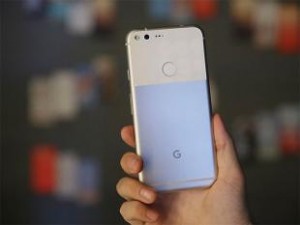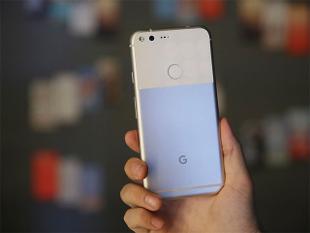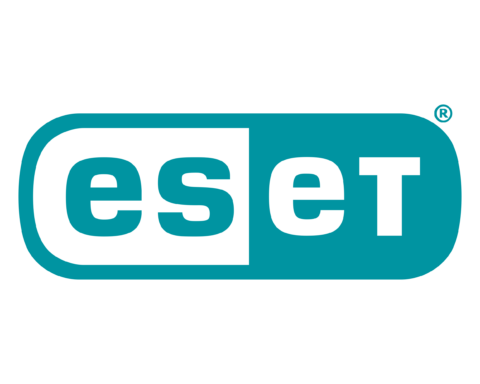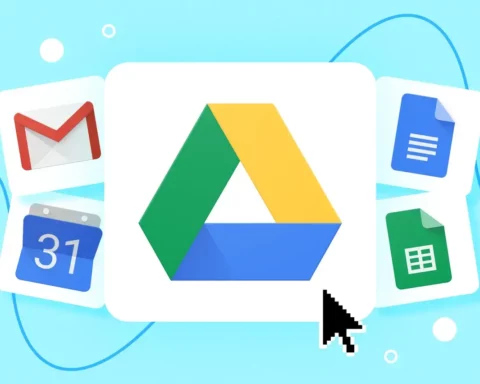Google has tied up with HTC to offer after-sales service of its Pixel  smartphone in 30 cities in the country and will sell the device through more than 1,000 retail outlets as it looks to take on Apple’s iPhone 7 this festive season.
smartphone in 30 cities in the country and will sell the device through more than 1,000 retail outlets as it looks to take on Apple’s iPhone 7 this festive season.
Google Pixel may prove the biggest challenge to the latest iPhone in the world’s fastest growing yet most competitive smartphone market this season as top handset maker Samsung won’t sell the Galaxy Note 7, having stopped production and global sales due to reports of some replacement devices catching fire, and the internet giant looks set for its most aggressive play in India yet.
“We have partnered with HTC India for after sales service in 56 walk-in service centres in over 30 cities,” a Google spokesperson said. “Redington India is our national distributor for all channels in India.”
A toll free customer care number will handle customer queries, the spokesperson said.
All Pixel phones will be made by HTC and will be imported into India, although HTC gets its own smartphones assembled in Noida facility of contract manufacturer Optiemus-Wistron.
While Google will sell the phones on its own, it will piggyback on HTC’s retail network as well. Pixel will be sold through seven large format store chains including Vijay Sales, Croma, Reliance Digital, Jumbo, Spice Mobility, Poorvika and Sangeetha Mobiles across the country.
Online pre-bookings and sales will be done through Flipkart. Google introduced the 5-inch Pixel and 5.5-inch Pixel XL smartphones earlier this month, with pre-orders in India slated to begin on October 13 and deliveries planned for the month end.
The company, which has traditionally let hardware companies LG and Huawei take the forefront for selling and marketing its previous Nexus range of phones alongside branding on the device, has changed its strategy significantly.
“Pixel is surely a shift from its traditional strategy only with the role reversals between Google and its partner,” said Tarun Pathak, senior analyst at Counterpoint Research. One of the reasons Google ventured into hardware is that it wants to position its AI (artificial intelligence) as the next big differentiator in smartphone space, which might get lost if it lets other handset makers market the same at least for the initial product, Pathak said.Analysts point out that sales in the premium smartphone segment are dependent on shelf space a product occupies across different points of sale as consumers want to touch and feel the product before purchasing an expensive phone.






